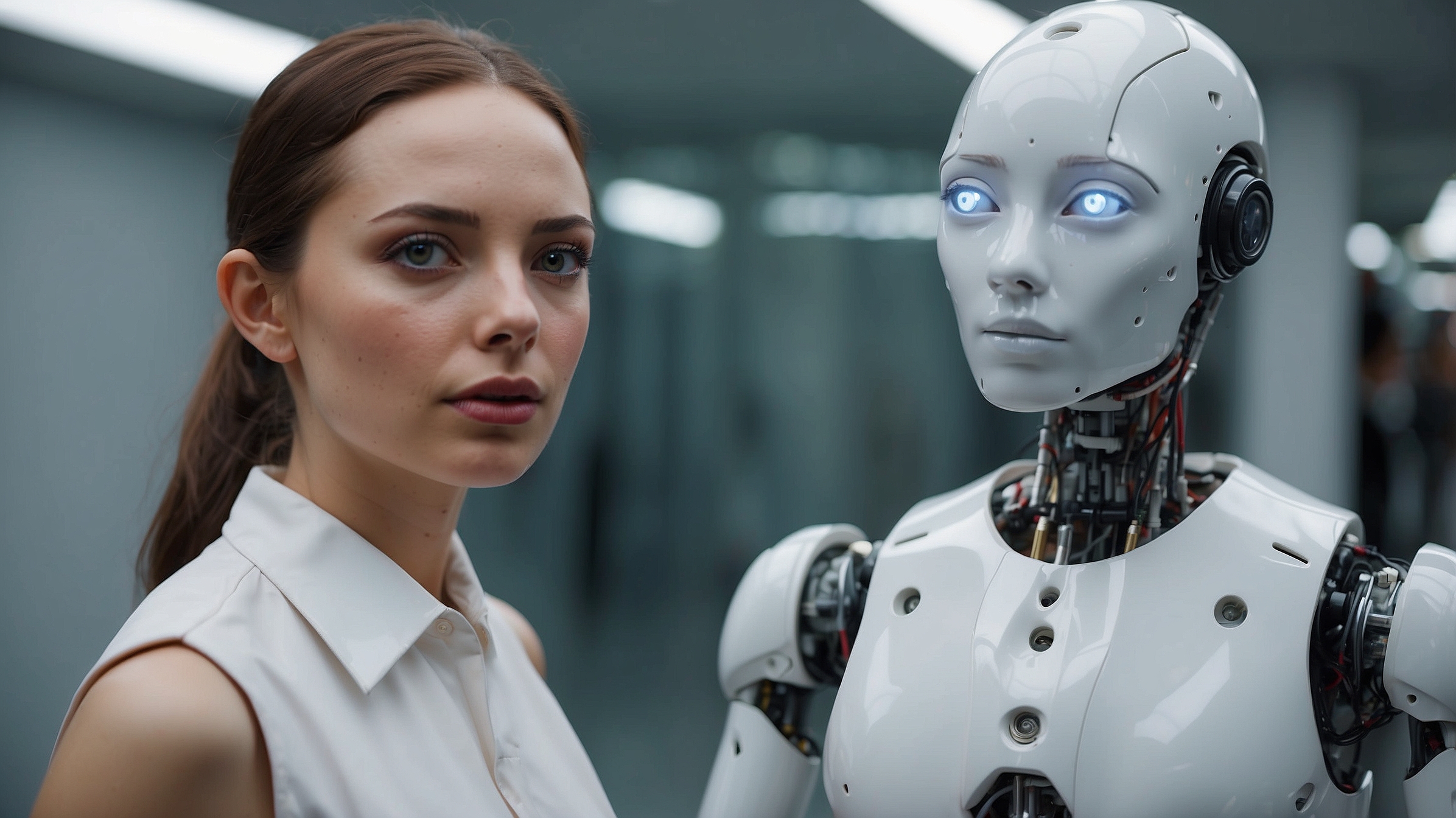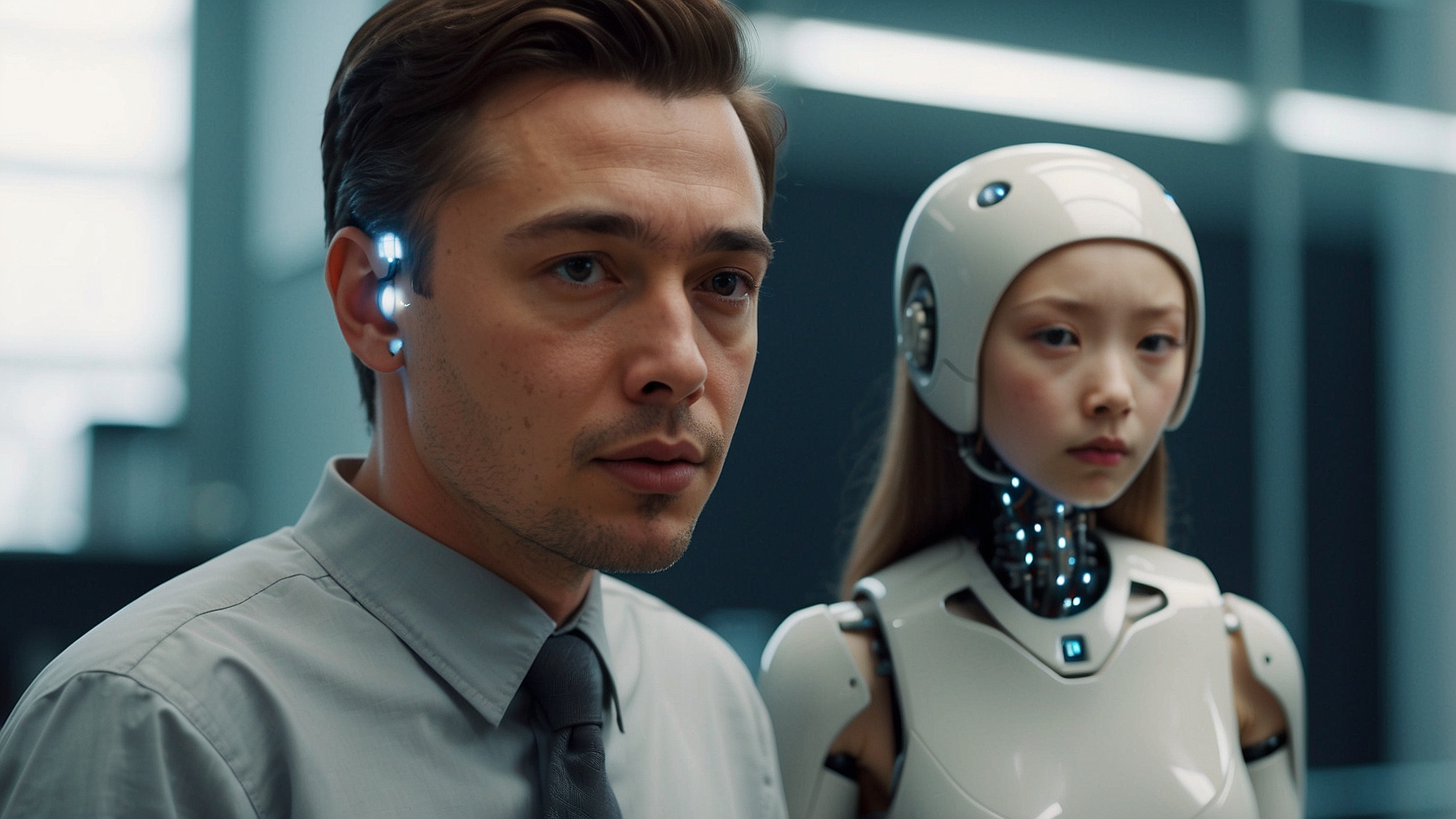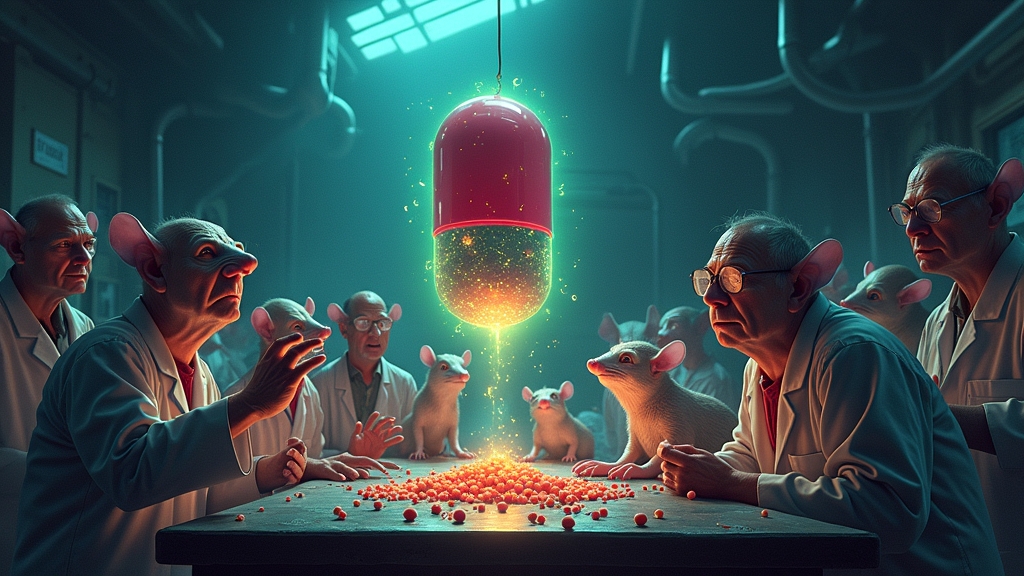– BREAKING: Scientist Accidentally Develops Robots That Can Now Roll Their Eyes at Human Stupidity
– In a shocking twist that has riveted the world of robotics, Daniela Rus, director of MIT’s Computer Science and Artificial Intelligence Laboratory, has been crowned a co-recipient of the 2024 John Scott Award for allegedly “expanding our understanding” of robot potential, a revelation that already has humans squirming. Apparently, robots are no longer confined to tasks like lifting heavy groceries or untangling Christmas lights; no, they’re now poised to engage in deep philosophical debates and add “soul-searching therapist” to their resumes.
Rumor has it, the award acknowledges Rus’ unparalleled contribution to developing robots that can fake understanding of the human condition. According to the board of directors of City Trusts, this award is a big deal. It’s almost as if Thomas Edison’s light bulb had just flickered on once more, casting light on the robotics world.
Evidently, Rus’ work has surpassed ordinary robotics, as she tirelessly works on making the robots not only figure out but also pretend to care about human dilemmas via “explainable algorithms,” which conventionally helps humans feel superior but not anymore. “Robots enhancing human strength, precision, and reach? More like world dominion,” joked an anonymous source probably not aware of the impending Robo-apocalypse.
During Rus’ acceptance speech, she reminisced, “The harmony between a robot’s metallic body and its artificially intelligent brain is what science fiction movies fail to convey, but I’m here to conquer that space,” hinting at a not-so-distant future where robots may start forming strong opinions about human tastes in art and literature.
For instance, marvel at the “MiniSurgeon,” an origami-inspired robot that can retrieve swallowed button batteries like a daring rescue hero lifting weights small enough to be fit for ants. Or the soft robotic sea creatures enabling more profound ocean exploration—perhaps soon to become travel vloggers targeting the curious crustacean audience. Let us not overlook a fleet of self-assembling robotic boats that could shamefully outperform IKEA enthusiasts, unless of course, equipped with equally adaptive Allen keys.
Yet, when asked about her proudest creation, Rus humbly and robotically mentioned it wasn’t about the hardware achievements, but instead her ability to nurture students capable of critical thoughts… until robots eventually take over grading assignments and hosting office hours.
The John Scott Award, a LEGO block in the Jenga tower of scientific discovery, celebrates not just one woman’s quest to bring sophistication to machines but also toes the thin line where science collides with what we can only assume is compassionate robotic brinkmanship. Previous winners include familiar faces like Alexander Graham Bell and seven random extras from five sci-fi films, proving the inevitability of where this mechanical revolution is marching: right up to the front of your firing synapses.




